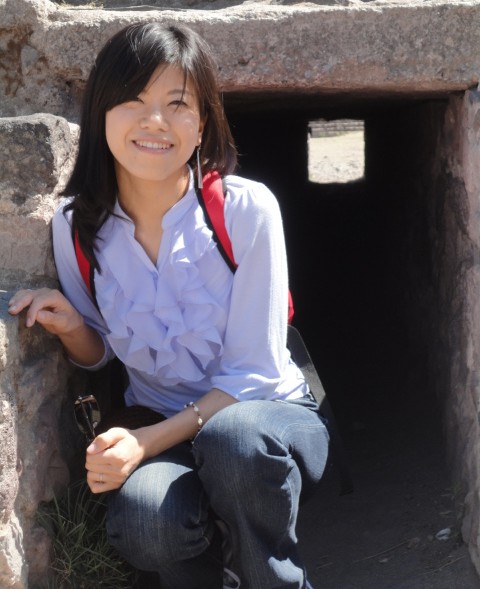Masako Ichihara

Biography
Masako Ichihara is a program-specific assistant professor at the Research Unit of the Environment and Law, The Center for Interdisciplinary Studies of Law and Policy, Kyoto University School of Law. She clerked at the Supreme Court of Japan in 2005, and then received her Juris Doctor from The University of Tokyo in 2009. Also, She obtained her Ph.D in Global Environmental Studies in 2021 for her dissertation on climate change litigation at Kyoto University. She serves as a Japanese rapporteur for the British Institute of International Comparative Law's Global Perspectives in Corporate Climate Legal Tactics Project as well.
Interview
What’s a climate litigation case or trend that has caught your attention recently, and why?
The decision by the Constitutional Court of South Korea last August has drawn my attention with expectations. There have been almost no favorable rulings on systemic litigation in Asia so far. In addition, I observe that this decision follows two global trends in climate change litigation: The first is an intergenerational equity perspective. The South Korean ruling also declared unconstitutionality in the Diet's failure to set a post-2030 reduction plan. This trend originated in the Neubauer decision issued in Germany in 2021 and has been inherited by the European Court of Human Rights in its advisory opinion in KrimaSeniorinnen v. Switzerland case etc. The second is to require the political sector to specify a reduction path, including the setting of interim targets. In addition to the KrimaSenniorinnen case, this is a trend seen also in the Milieudefensie v. Royal Dutch Shell case, which was decided last year by the Court of Appeals in the Hague, the Netherlands.
Japan has not been very active in climate change litigation, and the courts have been reluctant to take action. The Kobe Civil Case will have a judgment from the Osaka High on April 24, 2025. Additionally, the Youth Climate Case for Tomorrow is ongoing. I hope that this Korean Constitutional Court decision will have a positive influence on Japan as well. Furthermore, I hope that the two universal trends mentioned above will spread to non-Western regions where the use of the courts is not so popular.
What’s one project or aspect of your work in climate litigation that you're particularly excited about in the next six months?
As other rapporteurs have mentioned too, I enjoy the rapporteurs' meetings that are held regularly. There, the latest developments in other countries are shared, and we sometimes discuss legal issues that can be shared across national borders. There are also opportunities for volunteers to work together on amicus briefs and reports.
A more concrete project is the publication of the rewritten version of my September 2021 Ph.D. dissertation, with the goal of publication in the fall of 2025.
Is there any specific place in the world that inspires you to continue your line of work in advancing climate justice/action?
Our daily family dinner table! When I enjoy a meal with my three elementary school-aged daughters, sharing what we have encountered that day, I truly wish that their future will be in a stable climate filled with well-being. I am also encouraged by other rapporteur members who are raising children, like me.